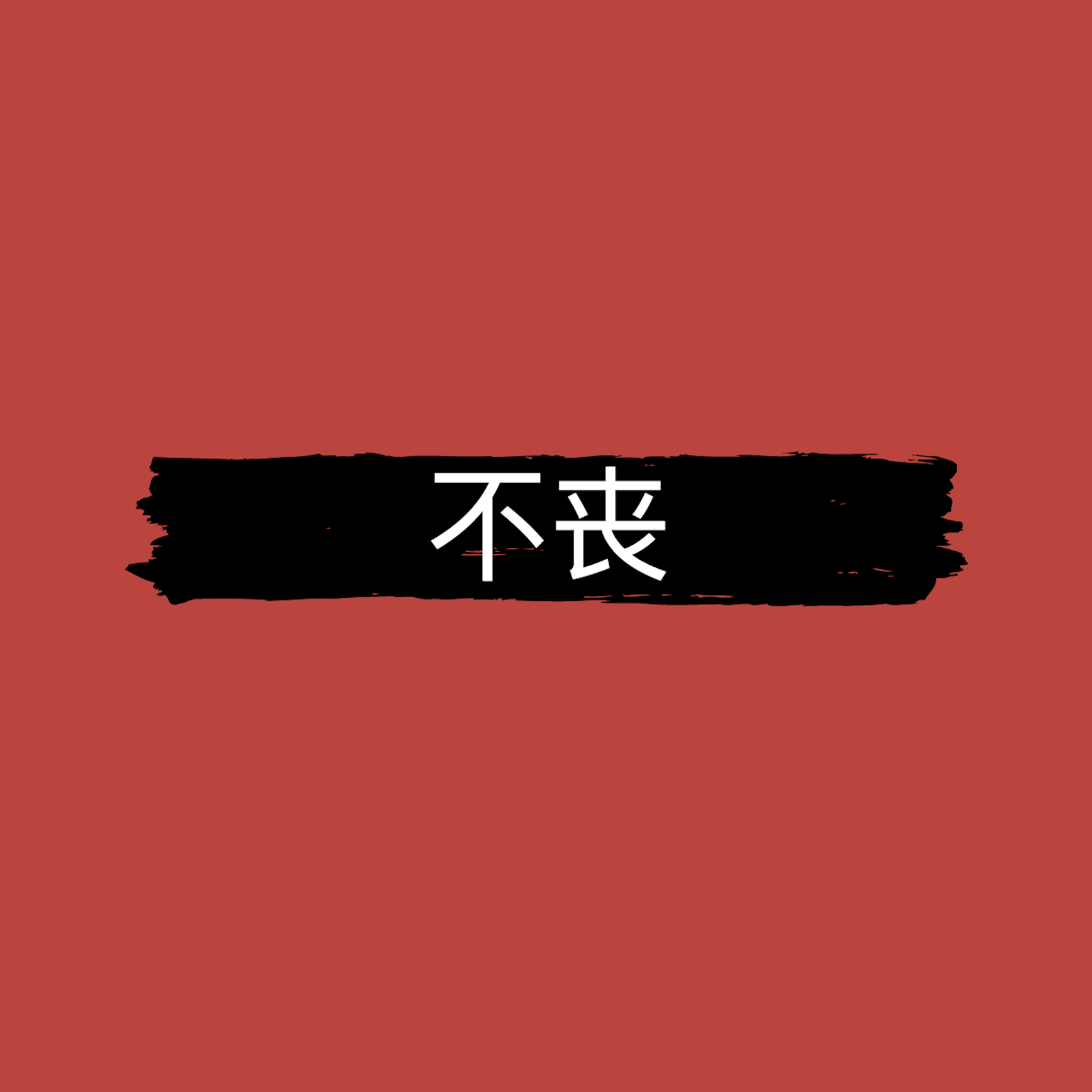
Deep Dive
What is the main focus of Peter Hessler's new book 'Other Rivers: A Chinese Education'?
The book focuses on Peter Hessler's experiences in China, particularly his time teaching at Sichuan University and his observations on Chinese education. It is divided into two parts: the first covers his experiences before the COVID-19 pandemic, including revisiting his former students from Fuling, and the second part delves into his experiences during the pandemic, including his daughter's education in a Chengdu public school and the broader impact of the pandemic on education and U.S.-China relations.
How does Peter Hessler's background influence his writing in 'Other Rivers'?
Peter Hessler's background as a Peace Corps volunteer, a teacher, and a long-time observer of China deeply influences his writing. His father's work as a sociologist also shapes his approach, as he employs ethnographic methods, such as interviews and surveys, to gather material. His unique perspective as an outsider living in China allows him to provide a nuanced view of Chinese society and education, blending personal anecdotes with broader social commentary.
What challenges did Peter Hessler face while teaching in China, as described in 'Other Rivers'?
Hessler faced several challenges, including navigating the Chinese education system, dealing with bureaucratic obstacles, and even being reported by a student. He also had to manage the complexities of teaching during the COVID-19 pandemic and the political tensions between the U.S. and China, which affected his role as a foreign educator.
How does Peter Hessler describe the impact of political pressure on Chinese students in 'Other Rivers'?
Hessler describes how political pressure manifests physically in Chinese students, causing them to become silent and tense when discussing sensitive topics in class. He notes that the Party creates an atmosphere so intense that it becomes a physical experience, leading to heightened anxiety and discomfort among students.
What role does humor play in Peter Hessler's 'Other Rivers'?
Humor in 'Other Rivers' is often dark and ironic, reflecting Hessler's observations of the absurdities in Chinese society and education. For example, he humorously recounts how Chinese students adapt classical poems into crude jokes, highlighting the creativity and resilience within a rigid educational system. His humor also serves to critique the contradictions and inefficiencies he observes.
How does Peter Hessler's book address the U.S.-China relationship during the pandemic?
Hessler's book addresses the deteriorating U.S.-China relationship during the pandemic, particularly the impact of Trump's trade war and the closure of the U.S. consulate in Chengdu. He reflects on how these political tensions affected his life in China and the broader implications for cultural and educational exchanges between the two countries.
What insights does Peter Hessler provide on the Chinese education system in 'Other Rivers'?
Hessler provides a critical yet empathetic view of the Chinese education system, highlighting its competitive nature and the pressures faced by students. He observes that competition has become a 'faith' for Chinese youth, driving them to succeed but often at the cost of broader intellectual curiosity. He also notes the system's rigidity, particularly in how it approaches subjects like mathematics, which he describes as designed to 'prove you suck.'
- 《Other Rivers: A Chinese Education》是何伟最新作品,适合英语学习者阅读。
- 女主播分享了个人阅读感受及选择此书的原因。
Shownotes Transcript
本期摘要
友友们大家好,这期节目里两位主播一起聊了聊何伟2024年7月刚刚出版的新书Other Rivers: A Chinese Education. 主要内容大概分为以下几个方面(?我是在打会议纪要吗):
- 我们为什么喜欢这本书?
- 何伟是一个怎样的写作者?
- 书里具体有哪些让我们印象深刻的地方?
- 何伟的幽默感。
再多的就不写了,大家自己听吧!
Outro: Kenny G, Going Home. (这首歌也是书里的一个梗)
本期提及
江城)
寻路中国)
Oracle Bones: A Journey Through Time in China)
Other Rivers: A Chinese Education)
节目备注
支持我们)
订阅听友通讯请点击这里)。
欢迎通过微博关注我们的节目@不丧Podcast)和女主播@constancy好小气)。
关于线上读书微信群:由于目前群人数超过200人,无法继续通过扫码入群。想要入群的朋友可以先加我的微信号(ID: hongming_qiao),然后再拉你入群。
